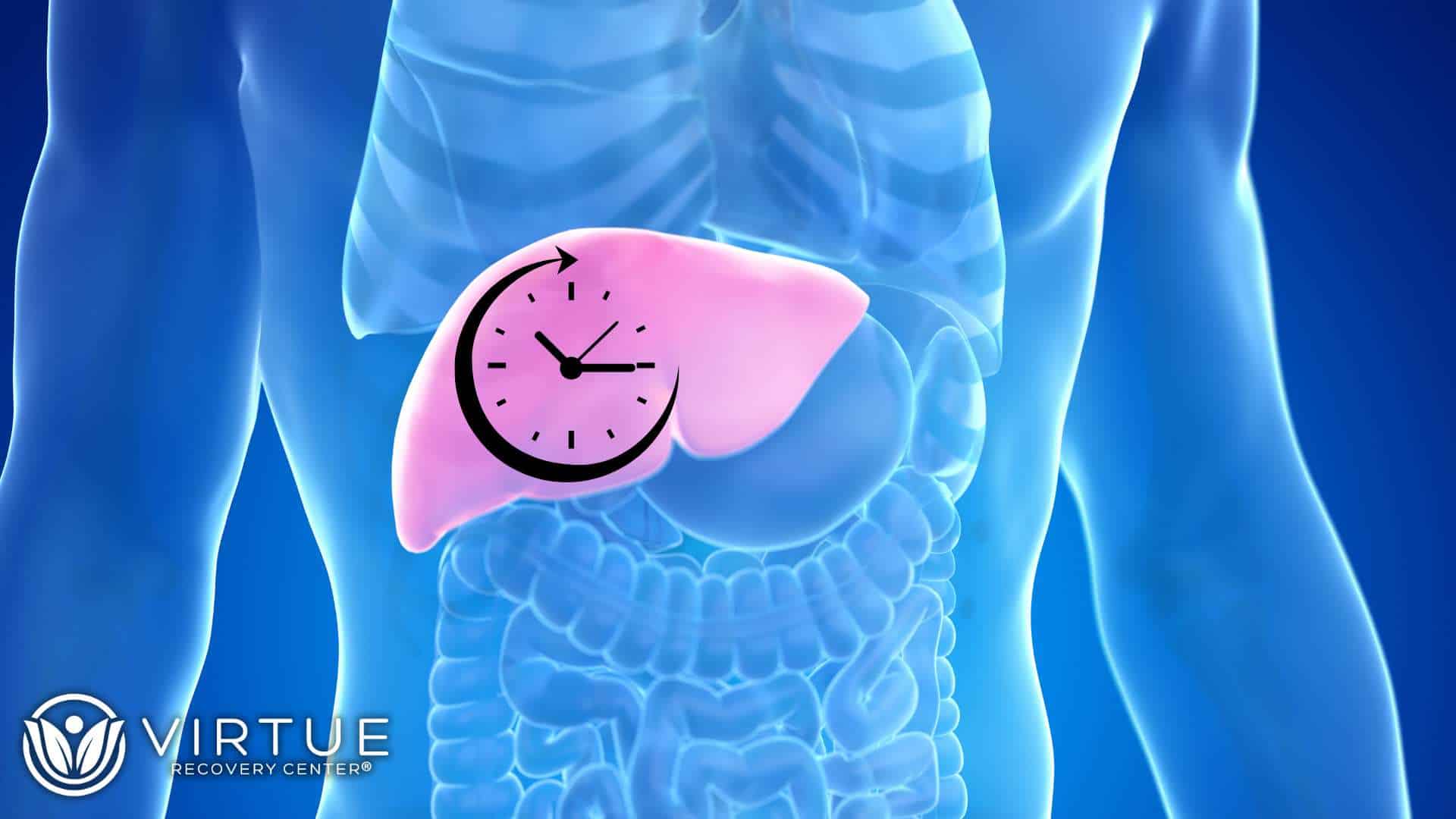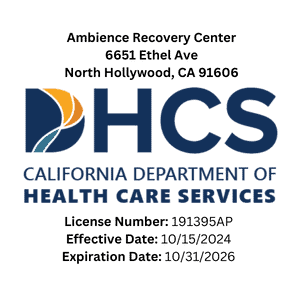Key Takeaways
- Alcohol stays in your system for different lengths of time depending on metabolism, the amount of alcohol consumed, and the type of drug test used.
- Urine tests can detect alcohol use for 12 to 48 hours, while blood tests detect alcohol for up to 12 hours.
- Blood alcohol concentration (BAC) measures intoxication levels and affects how long alcohol remains in the body.
- The body metabolizes alcohol at a steady rate, but factors like age, weight, and hydration impact how long it takes to process alcohol.
- Excessive alcohol consumption can lead to alcohol poisoning, addiction, and health risks.
Introduction
Many people wonder, “How long does alcohol stay in your system?” Whether you’re preparing for a urine test or simply curious about how your body processes alcohol, understanding alcohol metabolism is important.
Alcohol is absorbed into the bloodstream quickly, but the rate at which alcohol is metabolized depends on various factors. Tests can detect alcohol in urine, blood, breath, and saliva for different periods. While a blood test may only detect alcohol for a few hours, a urine test can reveal alcohol consumption for up to two days.
In this article, we’ll explore how the body metabolizes alcohol, how long it remains in your system, and what affects BAC levels.
How the Body Processes Alcohol
How Alcohol is Absorbed & Metabolized
When you drink alcohol, your body absorbs it through the stomach and small intestine. From there, it enters the bloodstream and travels to the liver, where it is broken down.
- Alcohol is absorbed within minutes of drinking.
- The liver metabolizes alcohol at an average rate of 0.015 BAC per hour.
- The half-life of alcohol (how long it takes for half of it to leave the system) is about 4-5 hours.
The amount of alcohol consumed and your body’s ability to metabolize alcohol determine how long it stays in your system.
Blood Alcohol Concentration (BAC) Levels
Your BAC levels measure the percentage of alcohol in your bloodstream. A higher BAC means more alcohol is present in the body, which can lead to impaired judgment, slower reflexes, and intoxication.
- 0.02% BAC: Mild relaxation, slight mood changes.
- 0.08% BAC: Legal intoxication limit in most states; impaired driving ability.
- 0.15% BAC: Loss of coordination, confusion.
- 0.30% BAC: Risk of alcohol overdose and loss of consciousness.
- 0.40%+ BAC: Potentially fatal alcohol poisoning.
Since alcohol can impair mental and physical abilities, knowing how long it stays in your system is important for safety.
How Long Does Alcohol Stay in Your System?
The time that alcohol remains in the body varies based on several factors.
| Test Type | Detection Time |
| Blood Test | Up to 12 hours |
| Urine Test | 12-48 hours (or longer for heavy drinkers) |
| Saliva Test | 12-24 hours |
| Breath Test | Up to 24 hours |
| Hair Test | Up to 90 days |
Since alcohol is processed at a steady rate, drinking alcohol in large amounts will take longer to leave your system.
Urine Tests & Alcohol Detection
How Urine Tests Detect Alcohol
A urine test looks for ethyl glucuronide (EtG), a substance produced when the body metabolizes alcohol.
- Standard urine tests detect alcohol for 12 to 24 hours.
- EtG urine tests can detect alcohol for up to 72 hours.
Since urine tests can measure alcohol for longer periods than blood or breath tests, they are commonly used in workplace testing and rehab programs.
Factors That Affect How Long Alcohol Stays in Urine
Several factors impact how long alcohol remains in urine drug tests:
- How much alcohol you drank – The more alcohol, the longer it stays in your system.
- Your metabolism – A faster metabolism helps the body get rid of alcohol quicker.
- Hydration levels – Drinking water may help your body eliminate alcohol faster.
- Liver function – A healthy liver processes alcohol more efficiently than a damaged one.
- Age and weight – Older adults and individuals with higher body fat may process alcohol more slowly.
Since alcohol can be detected in urine long after drinking, it’s important to plan accordingly if you need to take a urine test.
How to Get Alcohol Out of Your System Faster
While you can’t speed up how fast your body metabolizes alcohol, there are ways to help your body recover:
- Drink water to stay hydrated and flush out toxins.
- Get plenty of rest to allow your liver to process alcohol.
- Eat nutritious food to support metabolism and reduce alcohol’s effects.
- Avoid caffeine since it doesn’t speed up alcohol metabolism.
The only way to fully get rid of alcohol is to allow time for your body to process it naturally.
Dangers of Alcohol Poisoning & Alcohol Addiction
What is Alcohol Poisoning?
Drinking too much alcohol in a short period can lead to alcohol poisoning, a dangerous condition that requires medical attention.
Signs of alcohol poisoning include:
- Confusion and unresponsiveness
- Vomiting
- Slow or irregular breathing
- Seizures
- Loss of consciousness
If you or someone else shows signs of alcohol overdose, seek medical help immediately.
When to Seek Help for Alcohol Abuse
If you’re struggling with alcohol abuse and alcoholism, it’s important to seek help. Signs of alcohol addiction include:
- Drinking alcohol frequently despite negative consequences.
- Needing more alcohol to feel the same effects.
- Experiencing withdrawal symptoms like anxiety, sweating, or shaking.
- Struggling to stop drinking or control how much you drink.
If alcohol use is impacting your life, professional treatment can help you regain control.
Conclusion
The time that alcohol stays in your system depends on how much you drink, your metabolism, and the type of alcohol test being used. Urine drug tests can detect alcohol for 12 to 48 hours, while blood and saliva tests have shorter detection times.
If you’re struggling with alcohol addiction, help is available. Contact Ambience Recovery at 866-721-7470 to learn more about addiction treatment options and start your journey to recovery.
FAQs About How Long Does it Take For Alcohol to Leave Your System?
How long does alcohol stay in your urine?
A urine test can detect alcohol for 12 to 48 hours, while EtG urine tests can detect it for up to 72 hours.
Can drinking water help you pass a urine test for alcohol?
Drinking water may help dilute urine, but it won’t completely remove alcohol from your system or guarantee a negative test result.
How can you get alcohol out of your system faster?
There’s no quick way to metabolize alcohol. The best methods are staying hydrated, getting rest, and allowing time for your body to process it.
What are the risks of alcohol poisoning?
Alcohol poisoning can cause unconsciousness, slow breathing, seizures, and death. Seek immediate medical help if you suspect an overdose.
Where can I find help for alcohol addiction?
If alcohol use is affecting your life, call Ambience Recovery at 866-721-7470 for professional support and addiction treatment options.
Resources
https://pmc.ncbi.nlm.nih.gov/articles/PMC543875/
https://www.abc.ca.gov/education/licensee-education/alcohol-facts/
https://www.niaaa.nih.gov/alcohols-effects-health/alcohols-effects-body






